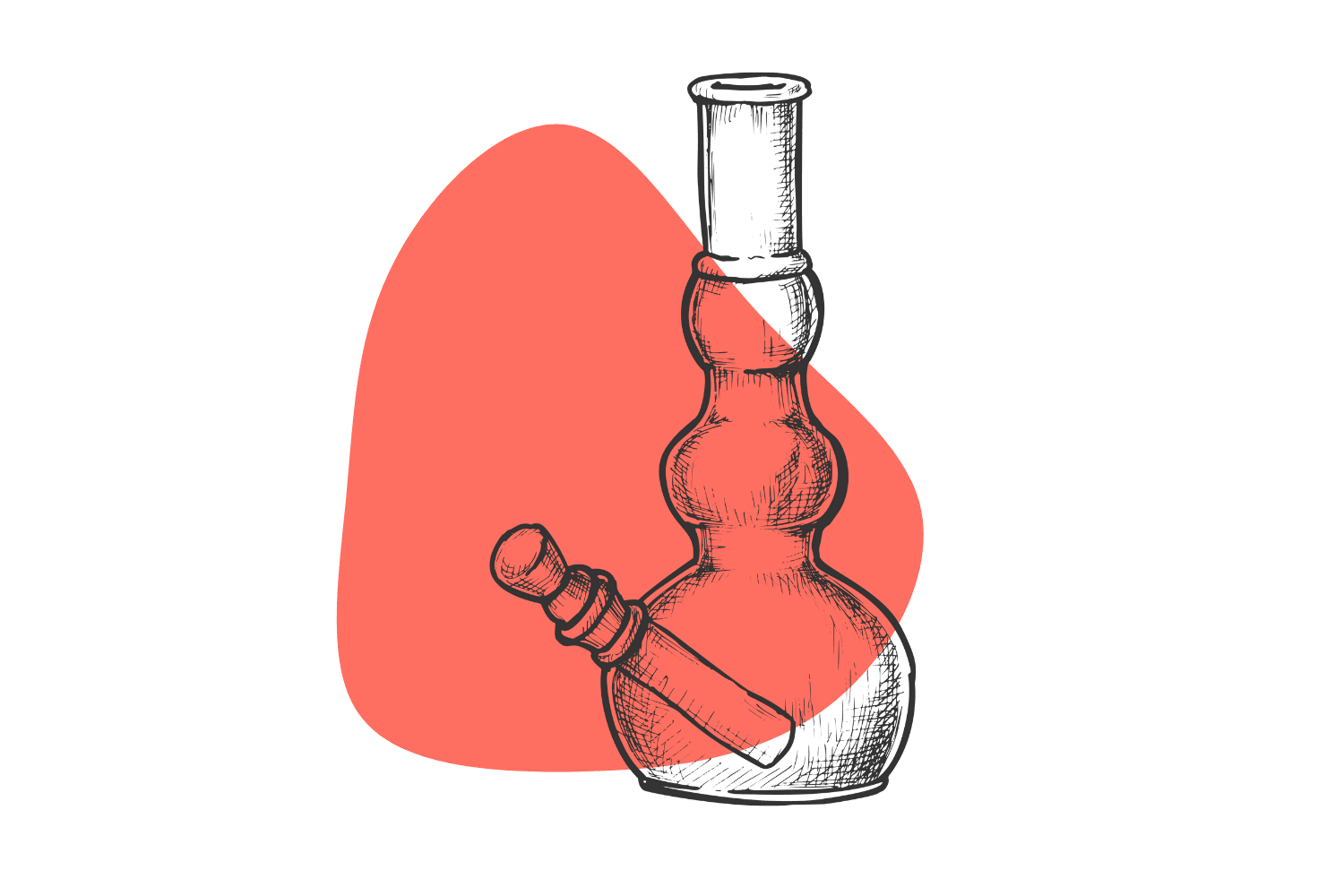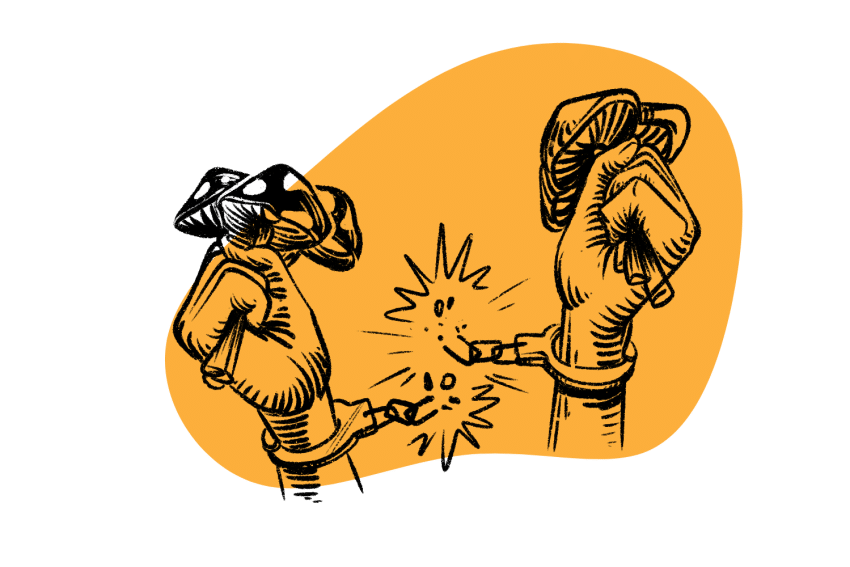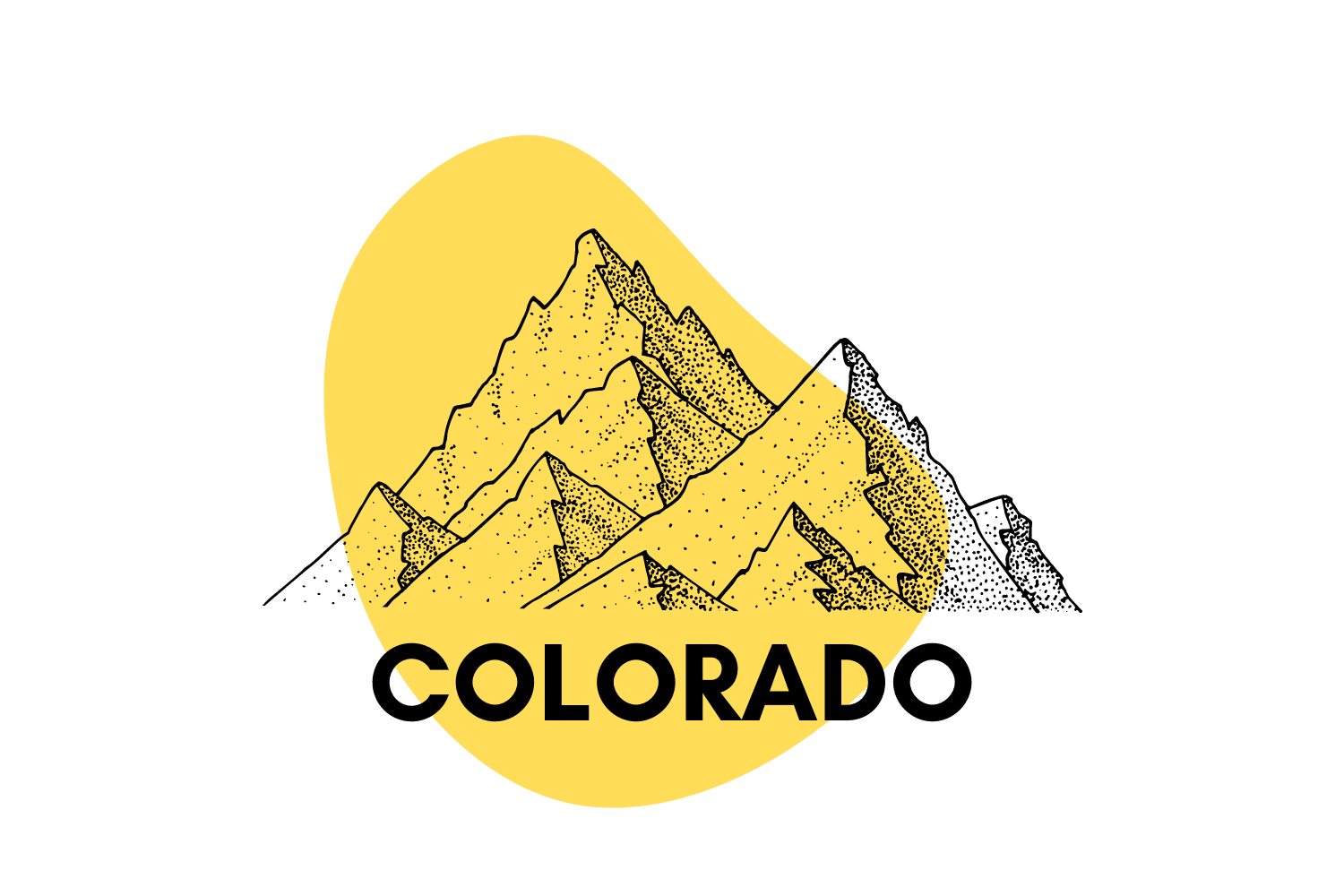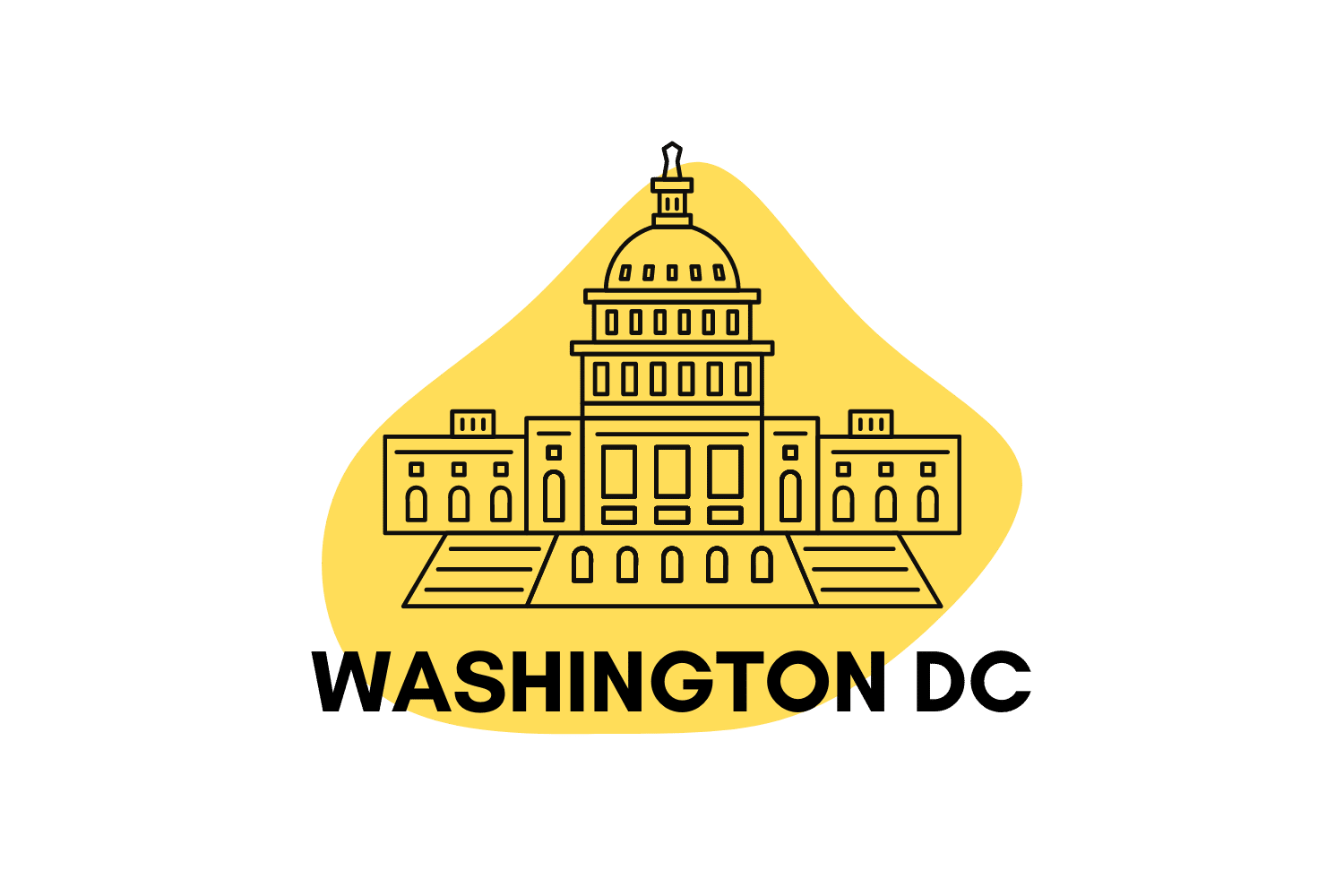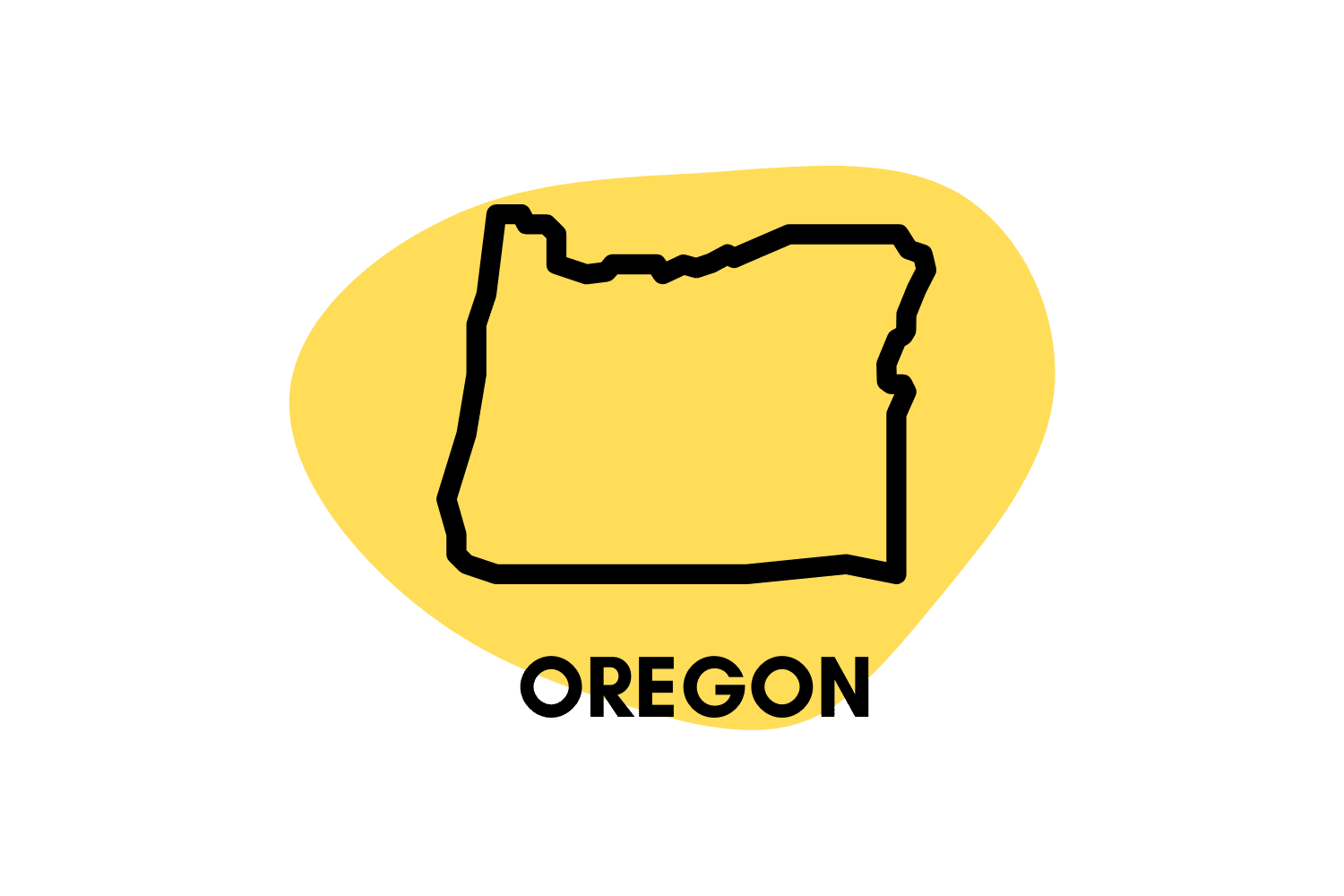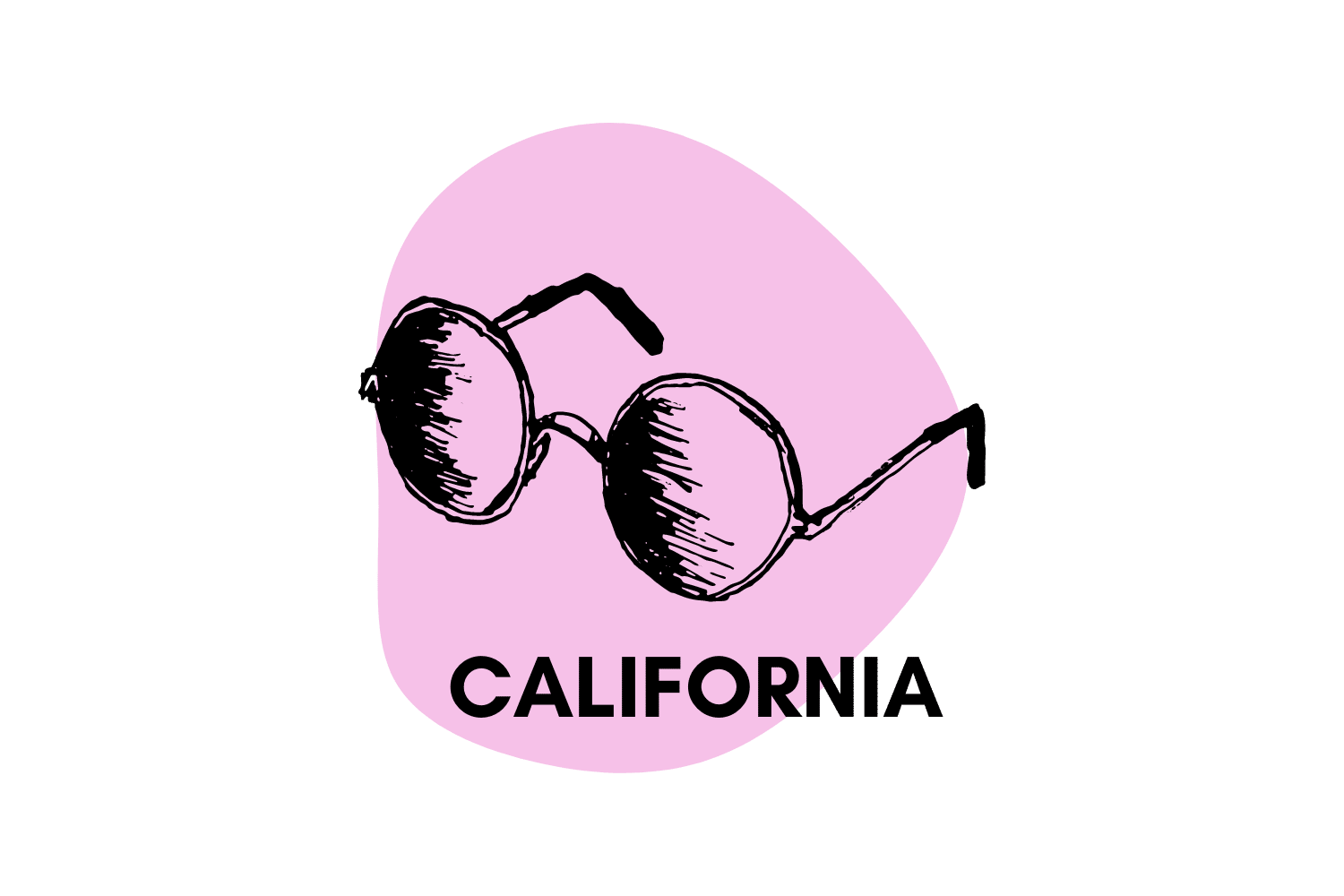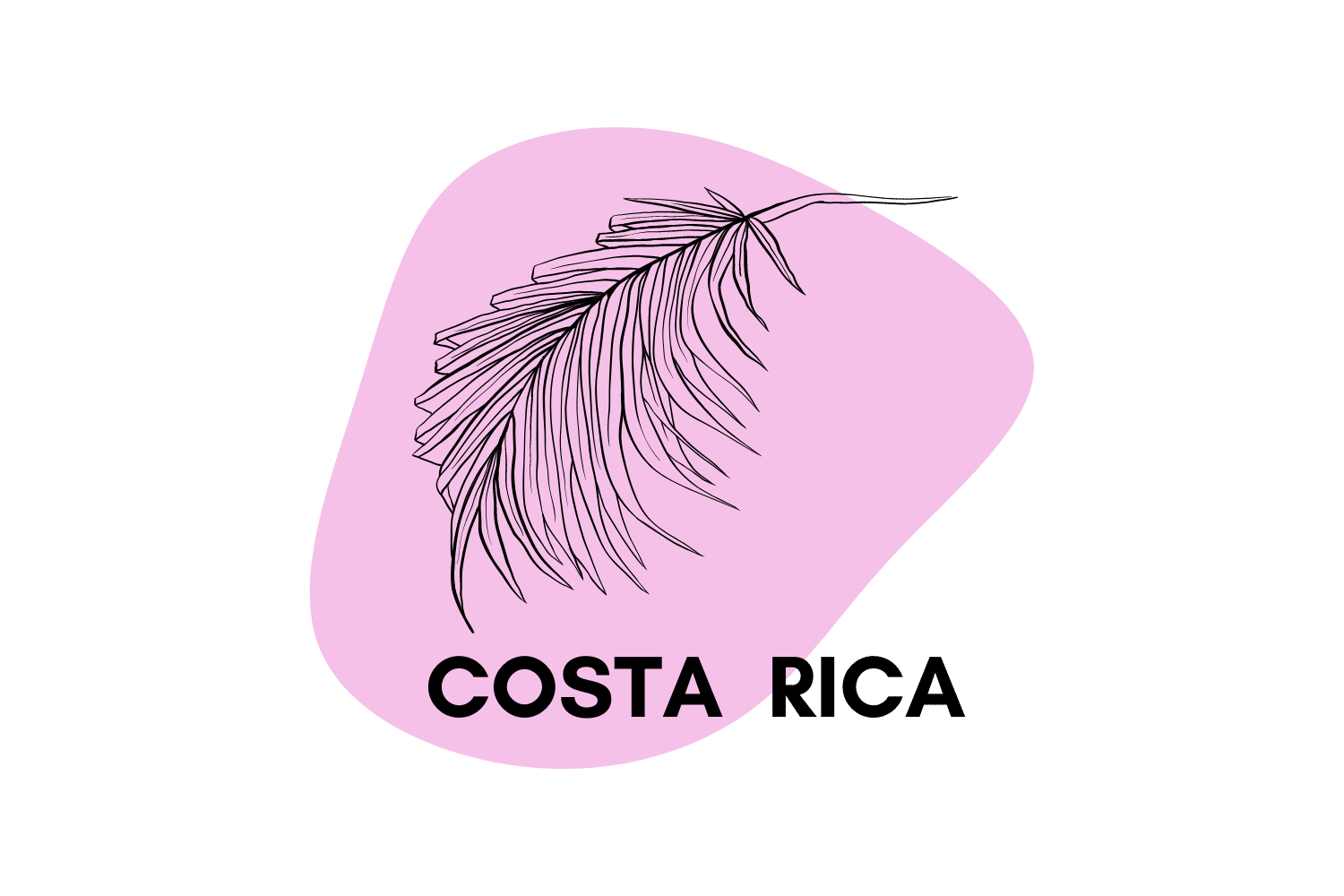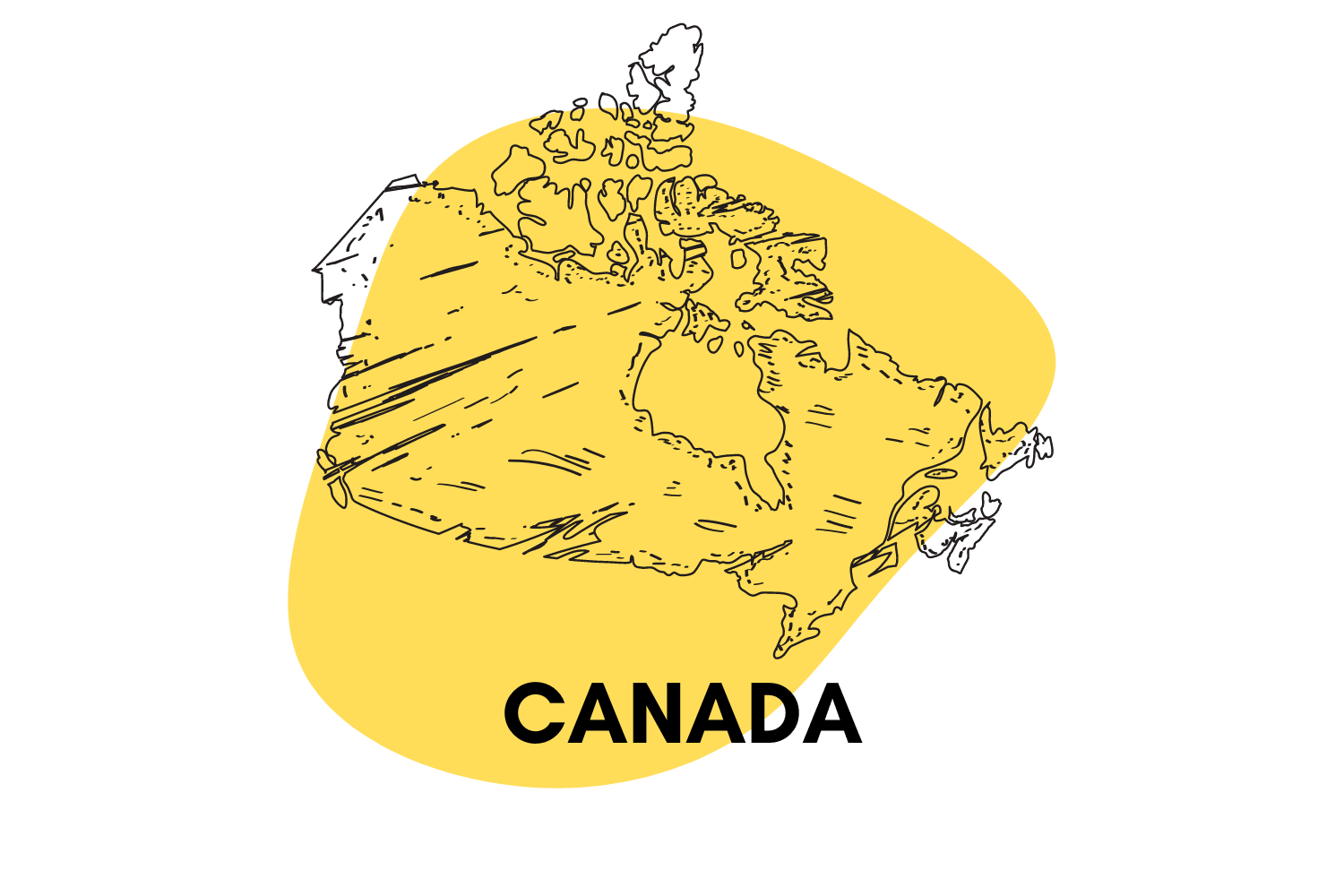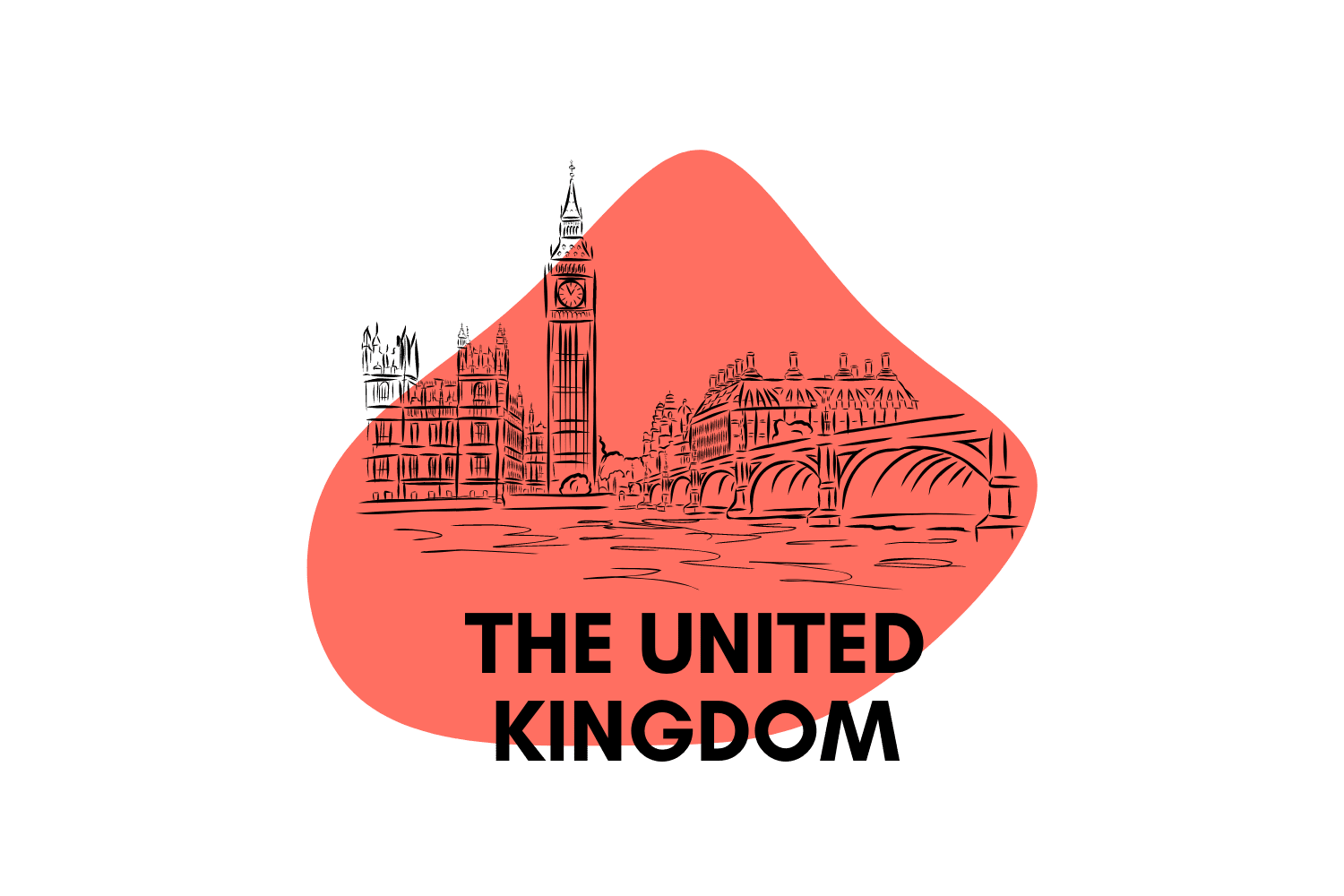Oakland Decriminalizes All Entheogenic Plants
How the city of Oakland, California decriminalized the use of magic mushrooms, peyote, ayahuasca, & more.
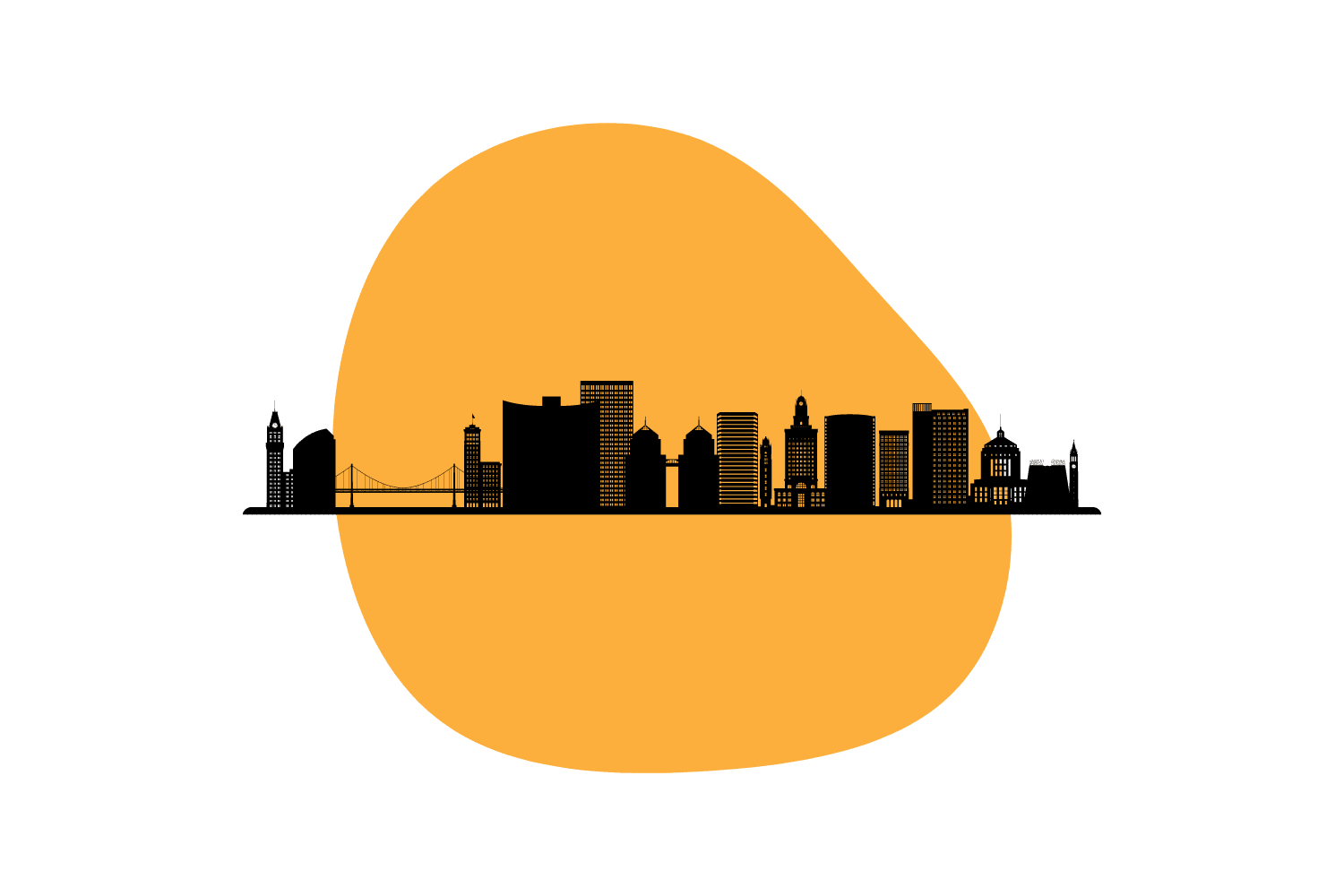
Just weeks after Denver, Colorado became the first U.S. city to decriminalize magic mushrooms, Oakland, California followed suit.
However, Oakland’s resolution is much more comprehensive than Denver’s. The Denver initiative decriminalized the use and possession of mushrooms containing the compound psilocybin. Oakland has decriminalized all naturally-occurring psychedelics.
In this article, we will examine the substances covered by the resolution, the intent of the resolution, and the impact it has had on the city since it was passed a little over two years ago.
We’ll also explore an initiative by Oakland psychedelics activists to legalize community-based sales of naturally-occurring psychedelics.
Key Takeaways: What’s In The Resolution?
In June 2019, the Oakland City Council unanimously passed a resolution introduced by City Councilmember Noel Gallo to decriminalize naturally-occurring psychedelics. Gallo, whose family is Hispanic and Native American, is an ardent supporter of the eventual legalization of entheogenic plants.
The resolution was the result of a campaign by the Oakland chapter of Decriminalize Nature, an international organization whose mission is “To improve human health and well-being by decriminalizing and expanding access to entheogenic plants and fungi through political and community organizing, education, and advocacy.”
Related: Are Psychedelics Legal in California Yet?
Substances Impacted by the Resolution
The Oakland resolution decriminalizes naturally-occurring psychedelics and entheogenic plants. Naturally-occurring psychedelics are hallucinogens that occur in plants, fungi, and some animals.
Entheogenic plants are described as plants “containing a psychoactive, hallucinogenic substance or preparation derived from plants or fungi and used in religious, spiritual, or ritualistic contexts.”
The resolution states that the investigation and arrest of individuals involved with the use of naturally-occurring psychedelics and entheogenic plants on the federal Schedule 1 list be amongst the lowest priority for police and prosecutors.
Schedule 1 psychedelics decriminalized by the legislation include:
1. Psilocybin & Magic Mushrooms
Psilocybin, the psychoactive agent in “magic mushrooms,” occurs naturally in over 200 species of molds, yeast, mushrooms, and toadstools. Mushrooms containing psilocybin have been used for hundreds of years by societies all over the world for religious, spiritual, and recreational purposes.
A recent study by one of the country’s premier medical research facilities indicates that psilocybin, along with supportive psychotherapy, can relieve treatment-resistant depression and anxiety.
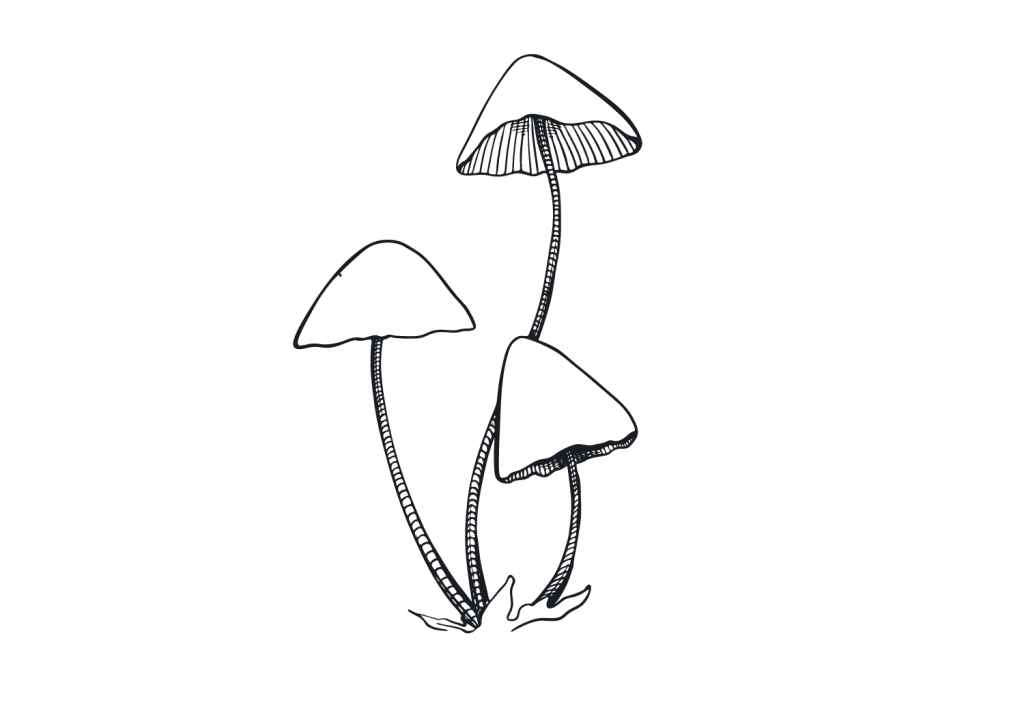
2. Ibogaine
Ibogaine is a psychedelic compound found in Tabernanthe iboga, a Western African shrub.
According to studies done by academics and scientists in the United States, Canada, and the West Indies, the use of ibogaine to treat patients struggling with heroin and cocaine addiction showed significant promise.
It’s ingested by chewing the roots or brewing the root bark into a tea and drinking it.
Related: Can Psychedelics Be Used to Treat Addiction?
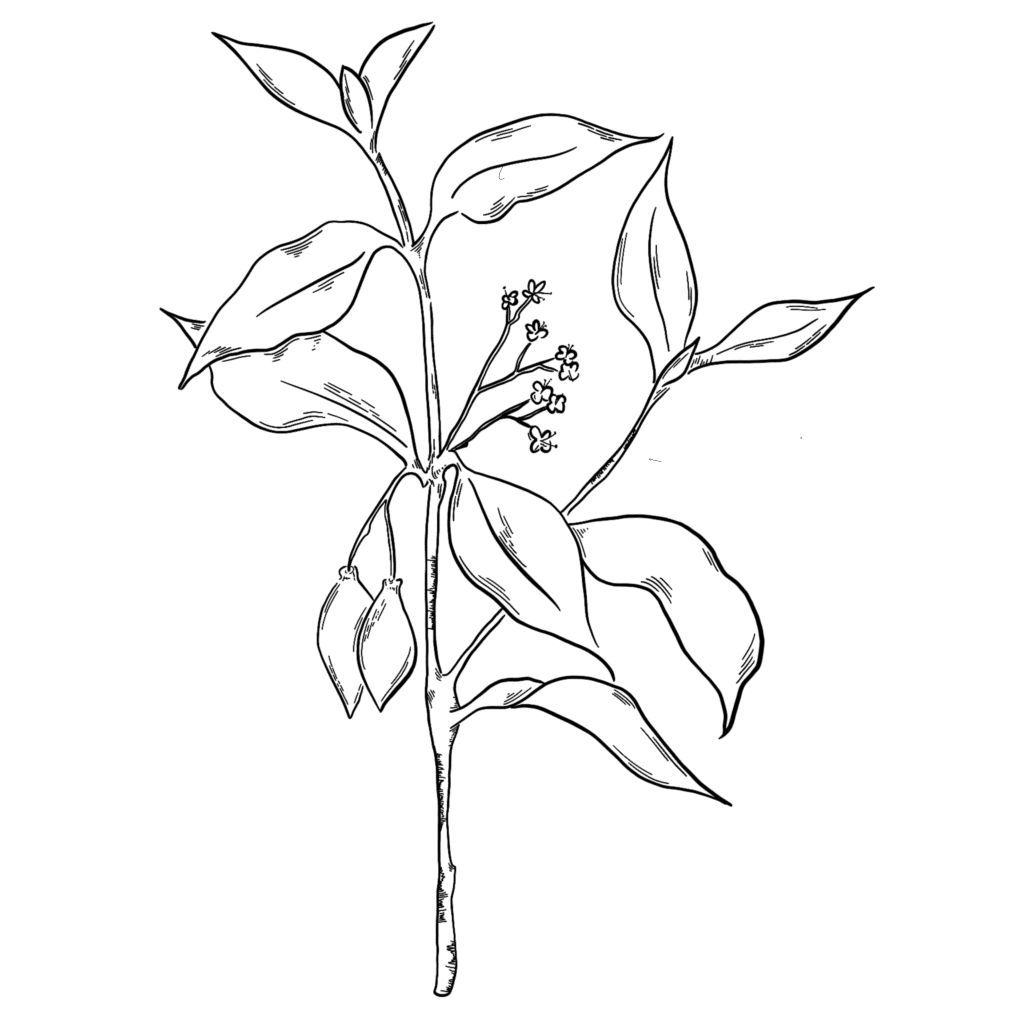
3. San Pedro & Peyote Cactus
Mescaline is the active psychedelic compound that occurs naturally in a family of cacti plants native to the southwest United States, Mexico, and South America. These include the peyote cacti, the San Pedro cacti, and the Peruvian Torch cacti.
The peyote cactus contains the highest concentration of mescaline. Although it’s used primarily as a recreational drug, it has also been used to supplement various types of meditation and psychedelic therapy.
Mescaline-containing plants are classified as a Schedule I drug in the U.S. However, it remains legal in certain religious ceremonies registered by the Native American Church.
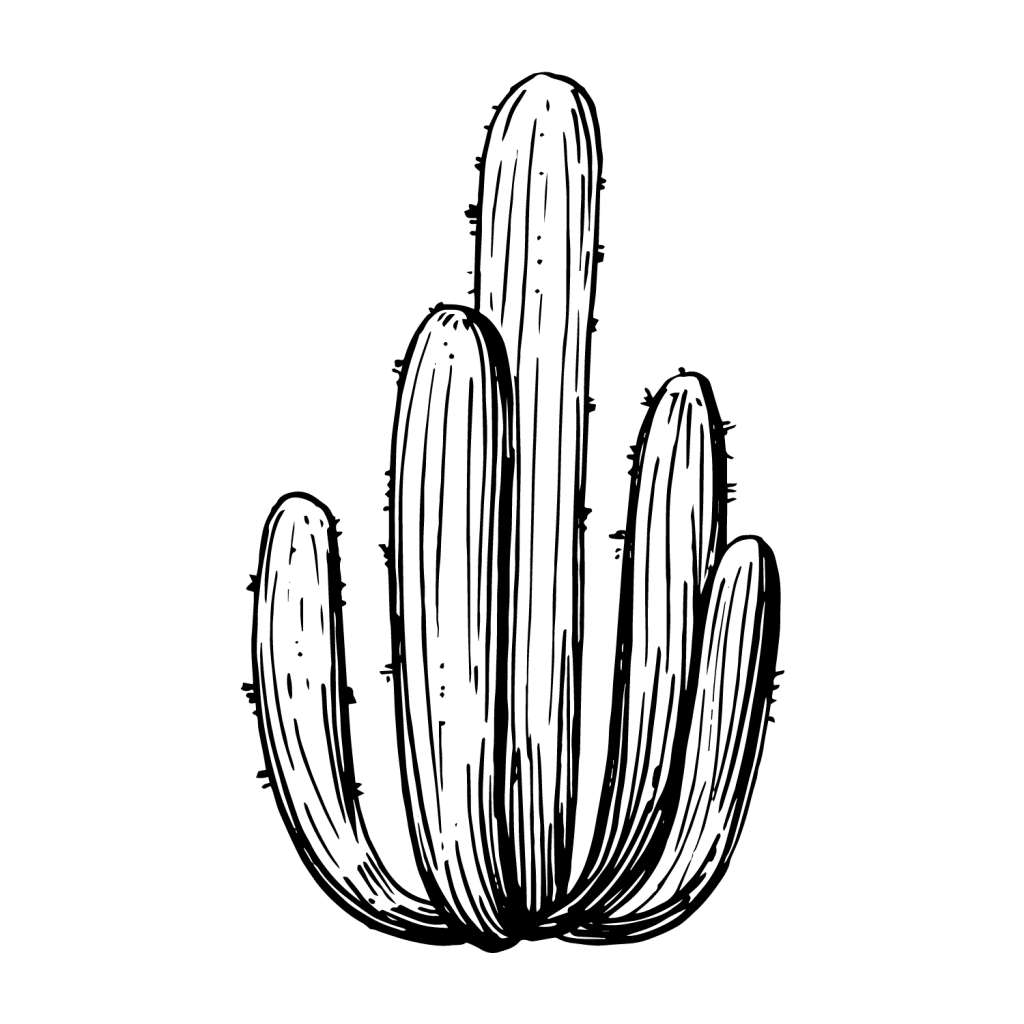
4. Ayahuasca
Ayahuasca is a brew made primarily from the leaves of the Psychotria Viridis shrub, which is a perennial, flowering shrub in the coffee family, and the stalks of the Amazonian vine Banisteriopsis caapi.
The shrub contains the psychoactive ingredient DMT (dimethyltryptamine). The vine contains chemicals that prevent the body from breaking down the DMT, allowing it to take effect.
Although ayahuasca is generally made from the plants listed here, the name can refer to any concoction prepared from a variety of plants that are found in the Amazon Rainforest that contain DMT and the necessary inhibitors.
Recent studies have shown that ayahuasca can be beneficial in treating PTSD, reducing stress and depression, and combating addiction.
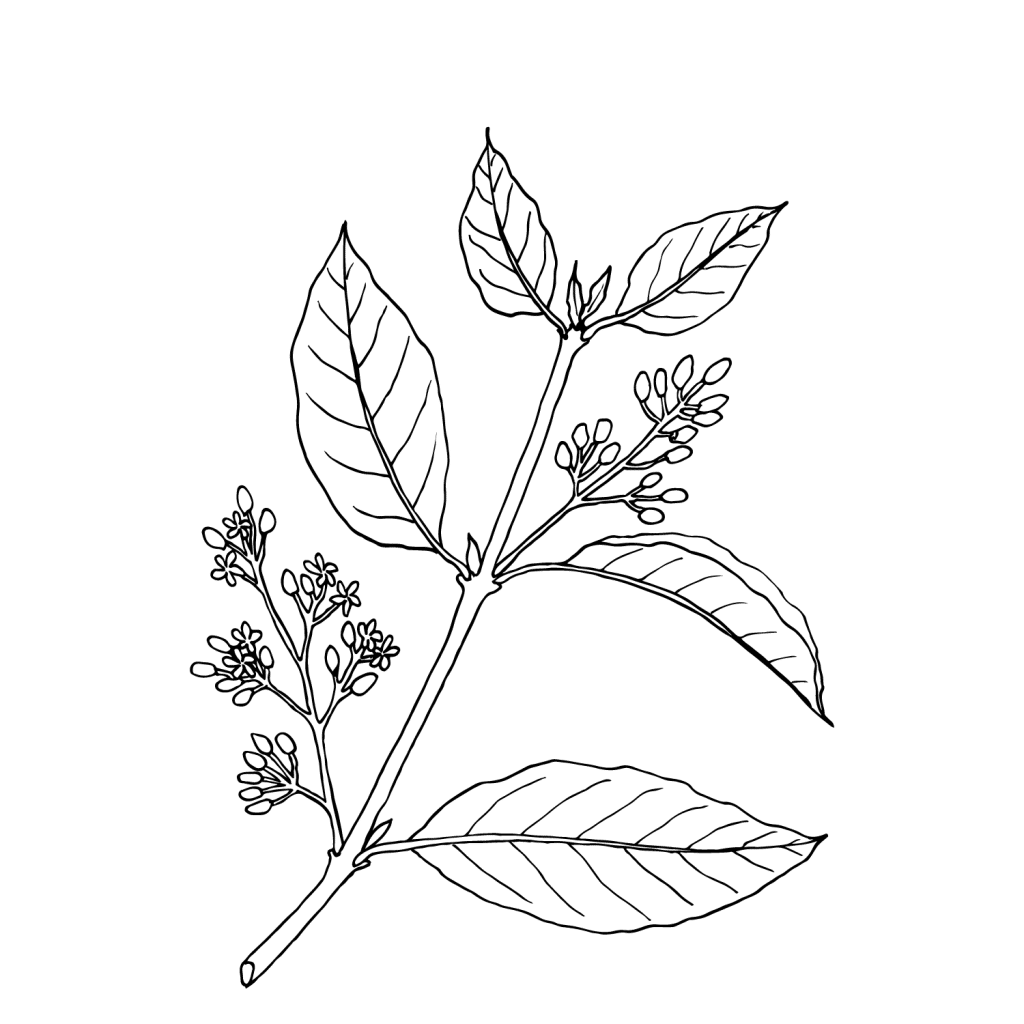
Why Did Oakland Decriminalize Psychedelics?
Councilman Noel Gallo, who introduced the resolution after being approached by DNO, says his family has a long history of cultivating and using entheogenic plants. “Half of my family is Native American,” he said. “I grew up with my grandmother, and those plants were visible in our backyard. We didn’t have a Walgreens in the neighborhood.” He added that when his nephew was severely injured in Iraq, entheogenic plants were able to help him get his life back together.
In addition to the lobbying of DNO, Gallo says one of the things that helped to convince him to introduce the resolution was the fact that the United Nations considers entheogenic plants and naturally-occurring psychedelics used for ritual purposes as excluded from Schedule 1 substances.
The Oakland City Council believes that decriminalizing naturally-occurring psychedelics and entheogenic plants benefits the city in three key ways:
1. Saves Money on Court Fees
Implementing the resolution has reduced the resources Oakland police use in investigating crimes related to the possession and use of substances covered by the resolution, making them available for more pressing matters in the city.
2. Psychedelics Offer Clear Public Health Benefits
Prior to passing the resolution, the Oakland City Council heard testimony from people who said naturally-occurring psychedelics helped them battle depression overcome drug addiction, and others testified that it provided relief for their post-traumatic stress disorder.
Recent clinical trials and studies demonstrate the powerful therapeutic uses of various psychedelic substances.
3. Opens the Door to Treatment
According to Gallo, the council believes that decriminalization of naturally-occurring psychedelics reduces the stigma and discrimination that discourages individuals with substance abuse problems from seeking help.
Decriminalization allows people who are addicted to drugs to get help without fear of prosecution or incarceration, Gallo says.
No, Synthetic Psychedelics Are Still Illegal
There are two classifications of psychedelics:
- Naturally-occurring — found in many plants and some animals.
- Synthetic — produced in a laboratory by using man-made chemicals.
The Oakland resolution decriminalizes naturally-occurring psychedelics only. It does not include synthetic psychedelics such as LSD (lysergic acid diethylamide), MDMA (Ecstasy), 5-MeO-DMT, K2, ketamine, methamphetamine, bath salts, or any of the copious amounts of research chemicals in circulation today.
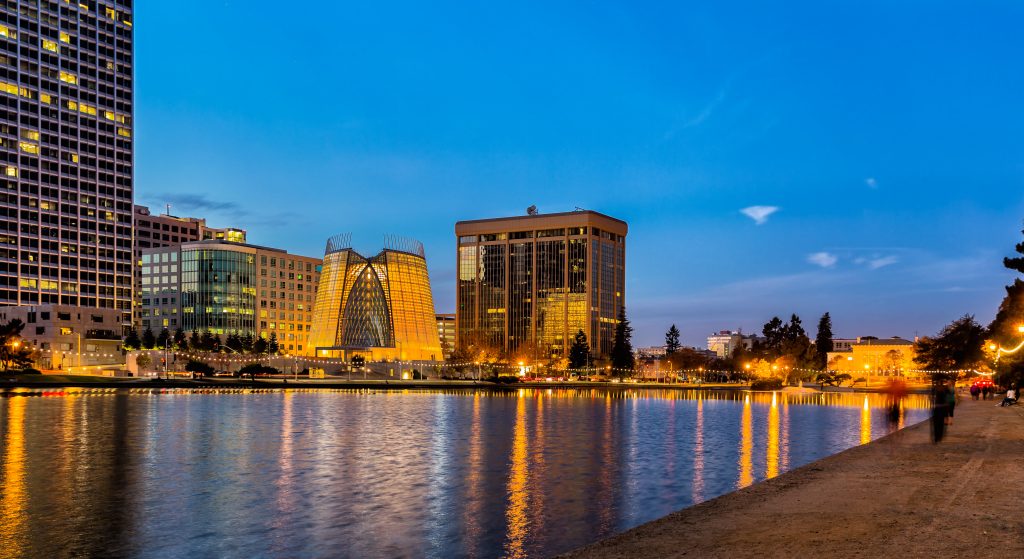
Decriminalization vs. Legalization
There is a very important difference between decriminalization and legalization. The legal definition of decriminalization is “the action or process of ceasing to treat something as illegal or as a criminal offense.”
The Oakland resolution to decriminalize naturally-occurring psychedelic compounds and entheogenic plants and fungi will not legalize them. They are still illegal, but the city of Oakland will not arrest or prosecute anyone for possession or use of any substance covered by the resolution.
Legalization is defined as “the action of making something that was previously illegal permissible by law.” There is a movement underway to legalize the sale and cultivation of entheogenic plants in Oakland.
So Far, So Good
Oakland is by far the largest city in Alameda County, California, and has been a drug hot spot in the East Bay region of the San Francisco Bay area since the 1970s.
In 2019, the year the Oakland decriminalization resolution passed, there were 840 felony drug arrests in Alameda County. In 2020, there were only 641. Some Oakland city officials and community activists believe that the resolution has had a major influence in the area.
Although it is still too early to have significant definitive data, Savannah O’Neill, associate director of capacity building at the National Harm Reduction Coalition (NHRC), says Oakland’s decriminalization resolution has had a positive impact in general. “In a policy lens, it has created more room to talk about decriminalizing drugs, treating drugs as a public health issue, and talking about the benefits of different drugs,” she said.
Where to Buy Magic Mushrooms in Oakland
Psilocybin, the psychoactive agent in magic mushrooms, is on both the federal and California Schedule 1 Controlled Substances list, making magic mushrooms illegal to possess or use. The Oakland decriminalization resolution does not change that. You cannot legally purchase them locally or online in Oakland.
Grow Your Own
In most states, you can legally purchase mushroom spores and grow your own magic mushrooms. However, California has strict laws that specifically ban the sale, transport, and gifting of spores with the intent to germinate. This does not mean that you cannot purchase spores in Oakland. It does mean, however, that legally you can’t grow magic mushrooms from them.
However, since the Oakland resolution decriminalizes the “planting, cultivating, purchasing, transporting, distributing, engaging in practices with, and/or possessing Entheogenic Plants or plant compounds on the Federal Schedule 1 list,” there will probably be no legal repercussions for growing your own mushrooms.
Getting magic mushroom spores is another matter. Since shipping mushroom spores to California is a federal crime, many reputable online vendors have notices posted on their websites stating that they will not ship mushroom spores to California. But should you obtain some, the resolution allows you to grow magic mushrooms for personal use only.
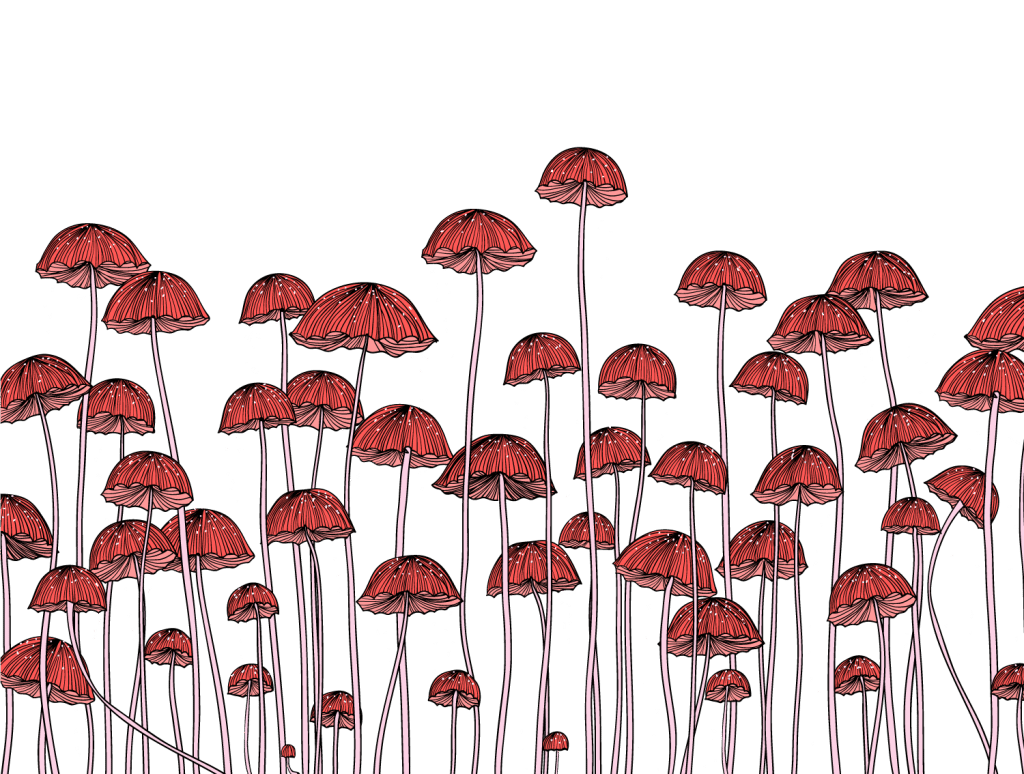
The Future of Psychedelics in Oakland: Legal Sales Next Step
The city of Oakland is preparing to take the decriminalization of entheogenic plants and fungi one step further. They have launched a year-long project to solicit feedback on the best way to provide city residents with legal access to entheogenic substances.
Councilmember Noel Gallo (D), the sponsor of the original decriminalization resolution, is coordinating a series of public workshops to get input from advocates and critics of legalization. His goal is to have legislation to present to the Oakland City Council by this summer.
The Oakland City Council has also unanimously approved a resolution that petitions California state lawmakers to decriminalize a wide range of psychedelics and to allow local jurisdictions to permit using entheogenic plants in healing ceremonies.
In January 2020, the city of Santa Cruz introduced a decriminalization resolution copied verbatim from the Oakland resolution. However, at the request of Indigenous people and groups such as the National Council of Native American Churches who consider the plants sacred, peyote and other mescaline-containing cacti have been removed from Santa Cruz’s decriminalization policy.
“Our indigenous ancestors have used these plant medicines safely and successfully for thousands of years, despite efforts to oppress and extinguish their use,” Gallo said. “So, it makes sense that the benefits of the discovery or rediscovery of the healing power of these entheogens by the west are enjoyed first and foremost by indigenous people, communities of color, and local communities, in general,” he added.

